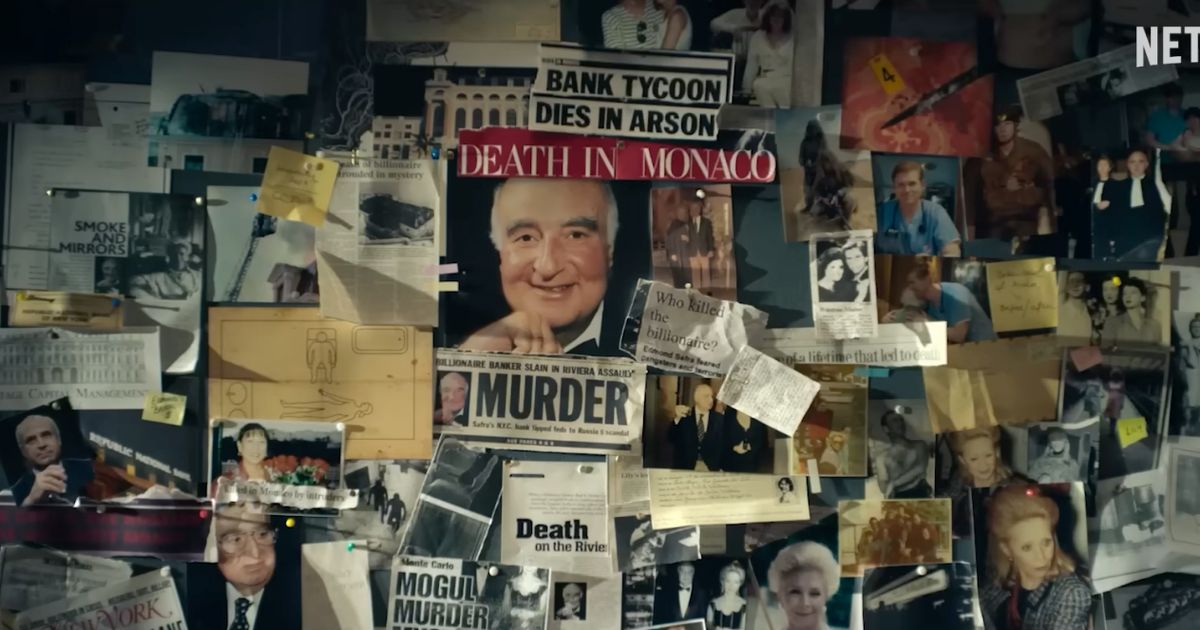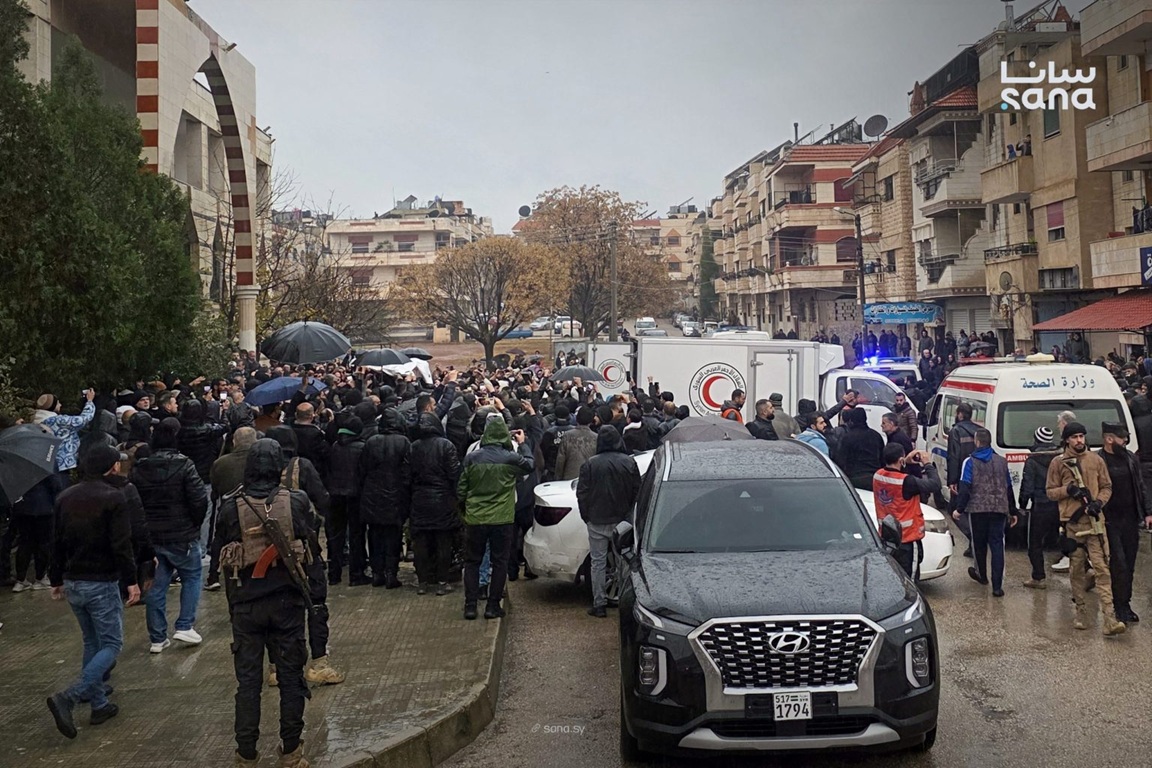
Having a pet during lockdown can be a source of comfort for many people. Since the start of the Covid-19 pandemic many animal shelters around the world have seen an overall spike in adoptions or fostering of pets. In Lebanon, that trend has been reflected too. However, the country’s harsh economic crisis coupled with a negative local media report, has also seen a catastrophic rise in pet abuse and abandonment in recent weeks.
By Alia Fawaz special to The Levant News
In April, the animal shelter BETA (Beirut for the Ethical Treatment of Animals) saw a promising rise in pet adoptions. And it has since been busy interviewing and screening families to find the right match for each adoption.
This increase was due to a number of factors, among which is that many people have sympathy for the ‘newly dumped’ pets on the streets, explains Manuela Obeid of BETA to The Levant News. In some areas abandoning pets was so rampant that dogs still with collars on could be seen roaming the streets trying to fend for themselves. “The sad part is that abandoned pets cannot fend for themselves after being used to a household. Some are hit by cars, and others are actually shot point blank in the face,” explains Obeid.
False MTV report
How do former pets end up in such a harrowing situation? One reason could be a report by the local TV channel MTV in late March 2020 telling viewers animals could transmit the corona virus to humans. Shortly after the report went out, the network tried to retract this statement (with a follow-up explanation to refute it) and removed the original story from its website and its social media pages.
Sadly, a few days later some shocking videos went viral showing dogs being poisoned because they ‘could be infected with Covid-19.’ BETA got word that many people, who were extremely attached to their pets, were starting to ask their vets if they should get rid of their animals after hearing rumors sparked by this TV channel story.
The World Health Organization (WHO) and the Lebanese veterinary syndicate officials have since made multiple public announcements claiming there is no evidence that the virus can spread from pets to humans. While the misinformation issue seems to have been resolved, pets in Lebanon have the extreme rise in poverty also working against them. The severe inflation and devaluation of the local currency means looking after a pet has become ‘too expensive’ for many households.
“There is basic food and water, on-going vaccines, toys, treats and activities, transports crates, litter and litter boxes for cats. Animals eventually get sick or need end of life care. You are looking at a minimum of several thousand dollars that needs to be spend,” explains Jason Mier of Animals Lebanon, another shelter that caters to mainly looking after abandoned cats.
In a country where people have severe bank restrictions on their own money (to stem a crippling liquidity crisis), just buying food and paying utility bills is a struggle for many. So whilst facing this dire situation, hosting a pet becomes a luxury. For those who can still afford to have a pet, BETA strongly believes people should not buy from breeders and instead adopt a pet from shelters or from other owners. “This is one way the outgrowing number of stray cats and dogs in our country can be controlled,” insists Obeid.
Since opening Animal Shelter in 2007, Mier has seen a rapid increase in the understanding of animal welfare, concern for animals, and the keeping of companion animals throughout Lebanon. But he admits stray animals remain a huge problem and all the shelters are currently working beyond their capacity to assist in every way they can.
“One of of the best things people can do to reduce stray animals is to inform their local municipality,” explains Mier. Under Lebanon’s animal welfare and protection law 47/2017 municipalities have the most responsibility for taking care of homeless dogs.
To alleviate the increase of strays Obeid recommends that all municipalities should implement a TNR (Trap, Neuter and Release) program. “They should allocate a budget so they trap then neuter the stray animals before releasing them again. And yes, the animals can be released back on the streets since we have a new law in Lebanon that forbids the abuse and killing of animals. After all, this world is for us and for them equally.”
Well, in an ideal world we would want to see all animals and humans living alongside each other harmoniously and equally. And while a law maybe in place for animal welfare in Lebanon, the country’s crippling economy, its on-going protests against the ruling class and the current Covid-19 lockdown measures, means attending to its large population of strays is likely to remain a challenge for the foreseeable future.




